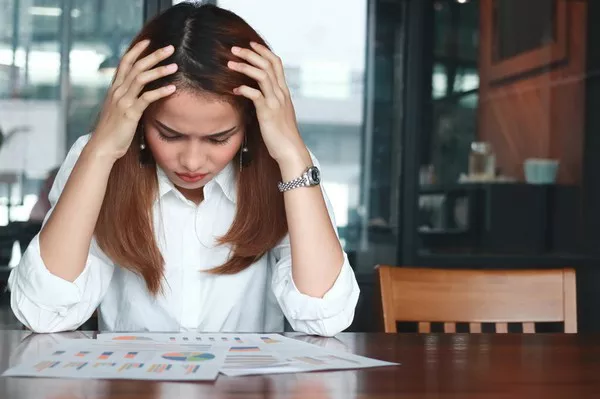TikTok, a popular social media platform, has become a significant part of daily life for millions, especially among younger audiences. Its quick, engaging format has made it a global phenomenon, but its effects on mental health—both positive and negative—have become a subject of growing concern and debate.
Positive Effects:
Community and Support: TikTok provides a platform where individuals can find support groups, share personal stories, and connect with others who may have similar experiences. This sense of community can be particularly beneficial for individuals facing mental health struggles, offering emotional support and reducing feelings of isolation.
Mental Health Advocacy: Many mental health advocates use TikTok to raise awareness about mental health issues, destigmatize struggles, and provide advice. Creators sharing their mental health journeys can empower viewers to seek help and normalize conversations around topics like anxiety, depression, and self-harm.
Creativity and Expression: The platform encourages creative expression through videos, dance challenges, and art, which can have therapeutic benefits. For some, engaging in these activities provides a positive outlet for emotions and serves as a form of self-expression, which is crucial for mental well-being.
Access to Information: TikTok hosts various mental health professionals and advocates who share valuable insights and tips for coping with mental health challenges. This can provide immediate access to helpful content and strategies, such as mindfulness exercises, breathing techniques, and self-care routines.
Negative Effects:
Body Image Issues: TikTok’s emphasis on appearance, trends, and viral content can contribute to body image issues and unrealistic beauty standards. For younger audiences, constant exposure to curated content can lead to anxiety, low self-esteem, and an unhealthy desire to conform to idealized physical standards.
Addiction and Time Wasting: The addictive nature of TikTok’s algorithm can lead to excessive use, which may interfere with other daily activities, including sleep, studies, and social interactions. This time spent scrolling can contribute to feelings of depression, anxiety, and stress, as users may compare themselves to others or feel inadequate for not living up to social media portrayals.
Cyberbullying and Online Harassment: Like many social media platforms, TikTok is not immune to cyberbullying. The platform’s anonymous nature and ability to reach large audiences make it an environment where bullying and harassment can thrive. Victims of online abuse may experience increased stress, anxiety, and emotional harm.
Mental Health Triggers: While TikTok hosts a lot of helpful content, it also features videos that may trigger negative emotions, especially for those struggling with mental health conditions. Videos containing graphic depictions of self-harm, eating disorders, or distressing experiences can exacerbate mental health issues and prompt harmful behaviors in vulnerable viewers.
New Youth Mental Health Service Opens in Great Southern
In response to the growing mental health challenges faced by young people, the Great Southern region has opened a new Youth Mental Health Service. This initiative aims to provide rapid and accessible support to children and adolescents experiencing mental health crises. With a focus on convenience and community-based care, the service is designed to help young individuals where they feel most comfortable—whether at home, in the community, or at school.
Key Features of the Service:
Acute Care and Response Teams (ACRT): The ACRT is a vital part of the new service, providing quick and effective responses to mental health crises among young people. These teams offer outreach services that cater to children and adolescents up to 18 years of age, ensuring that they receive the necessary mental health care without the need to go to a hospital setting.
Extended Hours and Accessibility: Recognizing that mental health crises do not happen according to a 9-5 schedule, the service operates outside of typical school and work hours, including evenings and weekends. This flexibility ensures that young people and their families can access support when they need it most.
Specialized Support: The service includes professionals with lived experience of mental health challenges and a team of Aboriginal mental health workers. This combination ensures culturally sensitive care and outreach to young people who might otherwise face barriers to mental health services.
Community-Based Care: The initiative places a strong emphasis on accessibility and reducing the stigma surrounding mental health. By delivering care within the home and community, the service helps young people feel more comfortable and supported during their treatment.
Statements from Health Leaders:
Amber-Jade Sanderson, Health and Mental Health Minister, emphasized that hospital settings are not always the best place for young people facing mental health crises. The initiative aims to deliver care in a more comfortable and familiar environment for children and adolescents.
Rebecca Stephens, Albany MLA, welcomed the expansion of the ACRT to the region, highlighting the service’s dedication to providing timely, accessible, and individualized care. The service’s focus on reducing ongoing mental health issues is a key part of its impact.
This new initiative, part of a $22 million mental health crisis care program, reflects a significant step forward in addressing the urgent need for mental health services in the region, ensuring that young people get the support they need without unnecessary delays or barriers.
Related topics:




















